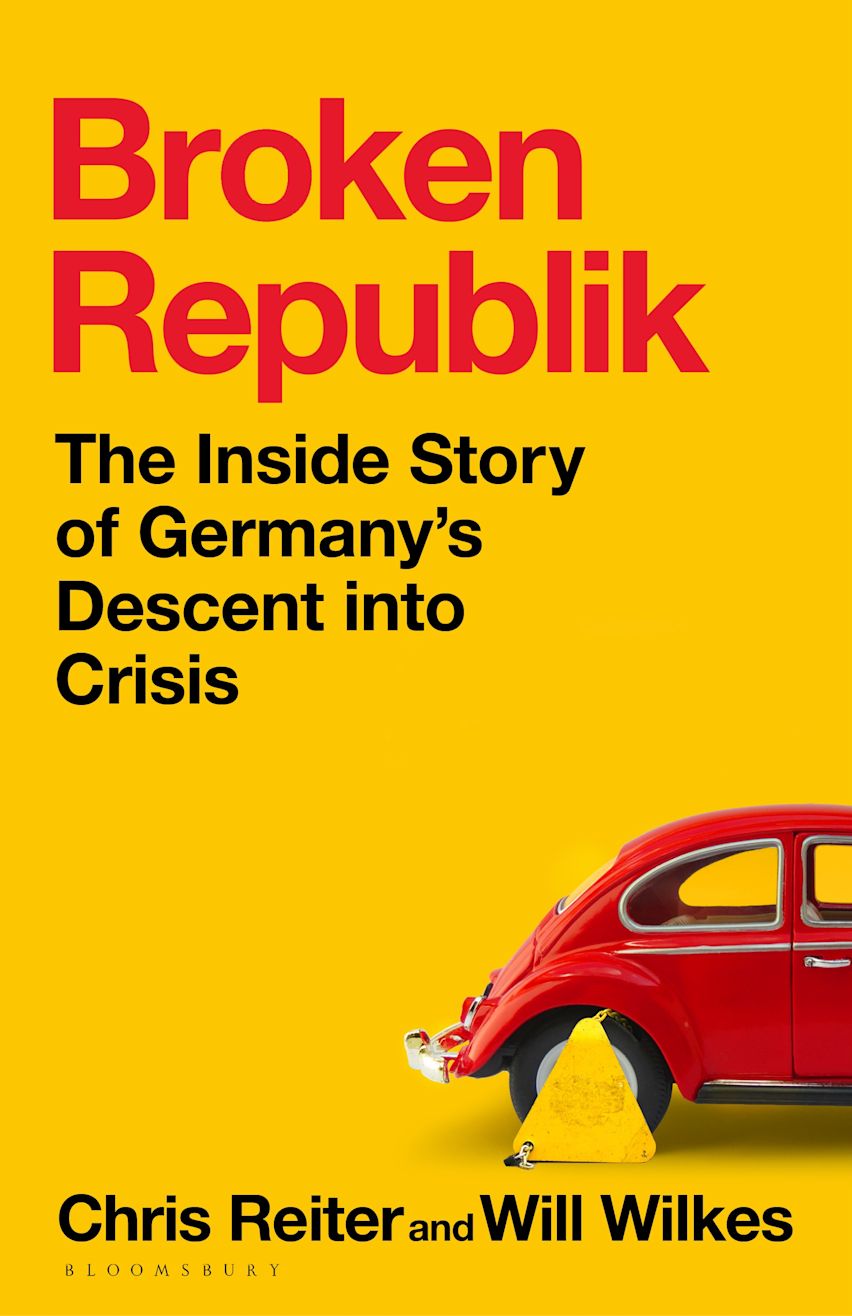Broken Republik

For many years, the post-war recovery of Germany was an inspirational story; all of Europe looked on with admiration and envy as the nation rebuilt itself and set the standards for the rest to follow. Companies such as Mercedes Benz, Siemens and Bayer were global titans, while the nation’s political leaders were respected around the world. Such was its success that when the Berlin Wall fell, it was able to reunify almost seamlessly. Where Germany led, the rest of the EU followed, hoping to benefit merely from sharing the same space.
But now the picture has become clouded. The scandalous revelations of Volkswagen’s emissions fraud tainted its industrial reputation; after a tsunami hit the Fukushima nuclear plant in Japan, Germany became dangerously reliant on Russia to fuel the nation; and the political consensus that had applied for decades began to break down with the rise of the far-right AfD party.
In Broken Republik, Bloomberg writers Chris Reiter and Will Wilkes tell the compelling story of how it all went wrong. They reveal how the veneer of stability has begun to crack to lay bare deep-seated divisions. Having been embedded in the country for years, they highlight the reforms that are so necessary to improve everything from broadband speeds to social cohesion. The problem is, the more fractured the political system the harder it is to make fundamental changes, so the clamour for populist solutions only grows. As vital elections loom in 2025, Broken Republik is an essential snapshot of a nation at a crossroads that has huge implications for us all.

